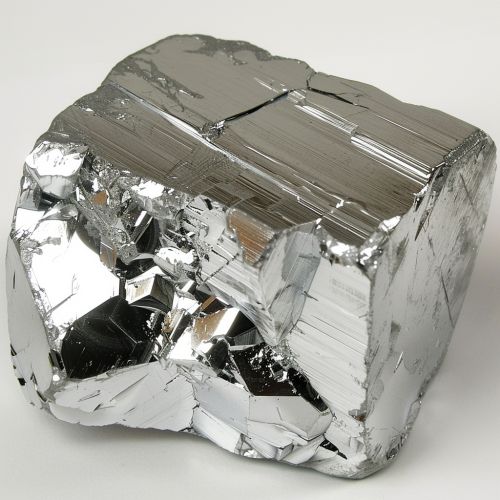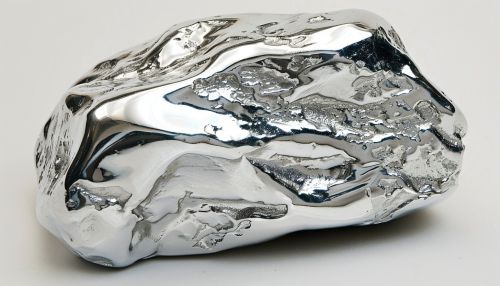Thorium
Introduction
Thorium is a weakly radioactive metallic chemical element with the symbol Th and atomic number 90. It is a silvery, lustrous metal that is soft enough to be cut with a knife. Thorium is electronegative, and it is resistant to corrosion in air but dissolves readily in acids.
History
Thorium was discovered in 1828 by the Norwegian mineralogist Esmark, who found an unknown mineral on the island of Løvøya, Norway. He gave samples to his father, Jens Esmark, a noted mineralogist, who did not have the equipment to analyze it, so he sent it to Berzelius, a Swedish chemist, for examination. Berzelius determined it was a new element and named it thorium after Thor, the Norse god of thunder.


Properties and Compounds
Thorium is a naturally-occurring, slightly radioactive metal. It is one of only two significantly radioactive elements that still occur naturally in large quantities as a primordial element. It is estimated to be about three times more abundant than uranium in the Earth's crust. Thorium is chemically reactive and forms various compounds, of which the dioxide (ThO2, also called "thoria") is the most commonly encountered.
Applications
Thorium has been used in various applications since its discovery. One of the most common uses of thorium is in gas mantles for portable camping lanterns and some oil lamps. It is also used in the production of high-quality scientific and optical glass, as its addition helps to increase the refractive index and decrease dispersion. Thorium is also used as an alloying element in magnesium, imparting high strength and creep resistance at elevated temperatures.
Thorium and Nuclear Energy
Thorium is fertile rather than fissile, and can only be used as a fuel in a breeder reactor. In a conventional nuclear reactor, thorium can be used as a fuel through a series of nuclear reactions that result in the production of fissile uranium-233. The use of thorium as a new primary energy source has been a tantalizing prospect for many years. Extraction of usable energy from thorium is not yet commercially feasible due to the significant startup costs, but it remains an area of active research.
Health Effects and Safety
When pure, thorium is generally considered to be safe to handle. However, some of its compounds, especially the finely divided metal, are pyrophoric and may ignite upon contact with air. Thorium's radioactivity poses risks that are internal rather than external. The most common route of significant exposure is through inhalation.
